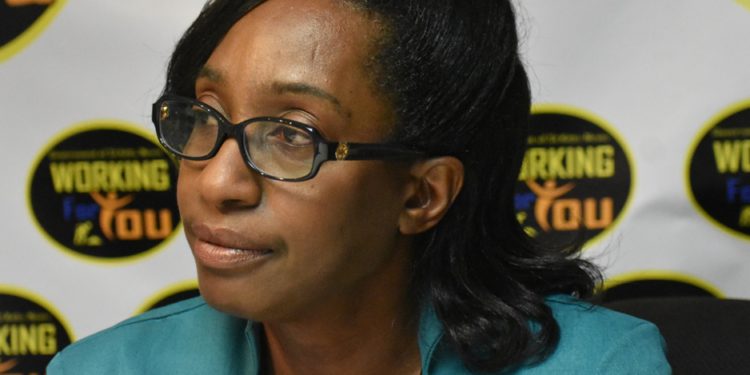“Accountability and transparency, that’s really what it boils down to at the end of the day,” said Renee Gumbs, Registrar of Companies and Registrar of NGOs, while appearing on “Working for You” on February 05. “At the FSRC, record-keeping, proper accounting, those are the hallmarks of good governance. We are trying to ensure that we bring in all of these NGOs and ensure that they are monitored and regulated.”
She noted that monitoring takes the form of an inspection of the organizations’ day-to-day operations.
“Monitoring is done through onsite inspection. The onsite inspection would entail looking at the operations, funding, the financial statement, and identifying deficiencies in the operations and making recommendations as to how you would improve on your deficiencies,” she said. “For Financial Action Task Force (FATF) purposes, really it is looking at the financial aspect and ensuring that what you would have said… can be proven.”
Shirmel Harris-Edwards, Financial Inspector, added that the FSRC prides itself on ensuring that persons who lead the NGOs meet a certain standard.
“We always look for due diligence checks that are conducted on the directors or anyone who holds a managerial position at these NGOs to ensure that you know them,” she said.
The FSRC was established under the Financial Services Regulatory Commission Act, No. 22 of 2009 to regulate the non-bank financial sector.
The FSRC is responsible for regulating/supervising several entities including insurance companies (domestic and captive); private pension plans; money services businesses; credit unions; the Development Bank of St. Kitts and Nevis, and trust and corporate service providers. Also, the FSRC monitors compliance of all regulated businesses and activities with Anti-Money Laundering and Counter Financing of Terrorism Legislation. The FSRC also houses the Companies, Trusts, Foundations, Limited Partnerships and Non-Governmental Organization Registries.









